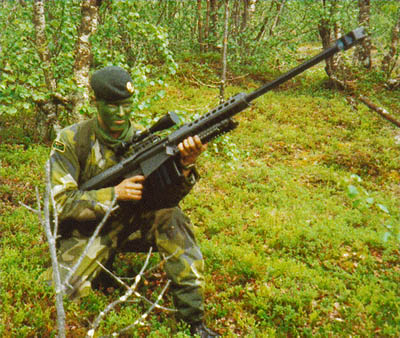by
Johnny Wasabi » May 24th, 2012, 11:01 pm
"Ratboy drew my attention to this subject with his post on another thread: "Scripted time sensitive events - vote"
I thought I'd reply here since there are more participants on this thread. Ratboy was specifically asking about the use of time-based events that happen independent of player location and hence give rise to opportunities to split the party to handle simultaneous events in different locations. Here is my response:
Thanks for bringing this up and sharing your thoughts. Internally we have discussed using the game mechanic of time-based events. I agree it’s an effective mechanic for diversifying the story based on player choices, which is in line with the vision of the game. The mechanic of splitting the party is a separate mechanic but it can complement the time-based event system. This can work well within a level, since we already plan to be able to split the party within a level (i.e. in a contiguous space, say a town that is completely loaded in computer memory).
The time-based mechanic also works fairly easily at a large scale across levels (i.e. as in your example, something happens in town X at time Y whether the player is there or not). However it is a challenge to extend the party-splitting mechanic across levels, and it can create timeline conflicts.
In a multiplayer game (or MMO) different people could control each party member and their actions would occur simultaneously in real-time. But in our single-player game, you would have to time slice control of the party branches (i.e. take turns controlling each of the split groups), or assume default behavior for the one not being controlled.
Time slicing at any reasonable turn-interval leads to the potential timeline conflicts. For example, group 1 could return to group 2 in the middle of a time-span which has already played out for group 2. This could artificially be avoided by just assuming extra time passes when the splinter group enters the same level as the main group so that they always merge at the end of a time-slice turn.
However, the interface challenge remains. You would have a loading delay when transitioning back and forth (loading levels each time). Or we would have to build the levels so two (maybe three) can always fit in memory at once to avoid the loading time during transition. Then there is the matter of how long each turn should be? The longer it is the greater potential for time-loss when merging groups back together (for the timeline matching adjustment).
So there are trade-offs that have to be made to allow party-splitting across levels to work (and some
significant implementation labor). At the moment, we think the trade-offs are too big. If we allow party splitting across levels, we currently would opt for default behavior (inaction) of one group. In other words you can split party members off and leave them behind in a level, and continue controlling the main group to other levels, but time passes for all groups while you control the main group, and the non-controlled group(s) are assumed to do nothing (stay put), or perhaps travel back to base. This avoids time conflicts and avoids the jumping back and forth and level loading issue.
This still leaves open the possibility that the mere passive presence of Rangers in a location could change the result of time-based events in a default way. So for example, say you leave behind a couple Rangers in town X while you take the main group to head off a major problem in town Y. The election could be influenced (or delayed) by the presence of the Rangers, even though you don’t control them.
So, yes, it’s a powerful mechanic, and I think it’s something we may adapt to the single-player focus of the game to further the effects of player choice on the unfolding story. Thanks again for your thoughts and suggestions."











![Glory to Codexia! [2012] Codex 2012](/forums/smiles/campaign_tags/campaign_slushfund2012.png)
![Have Many Potato [2013] Codex 2013](/forums/smiles/campaign_tags/campaign_potato2013.png)
![The Year of Incline [2014] Codex 2014](/forums/smiles/campaign_tags/campaign_incline2014.png)



































